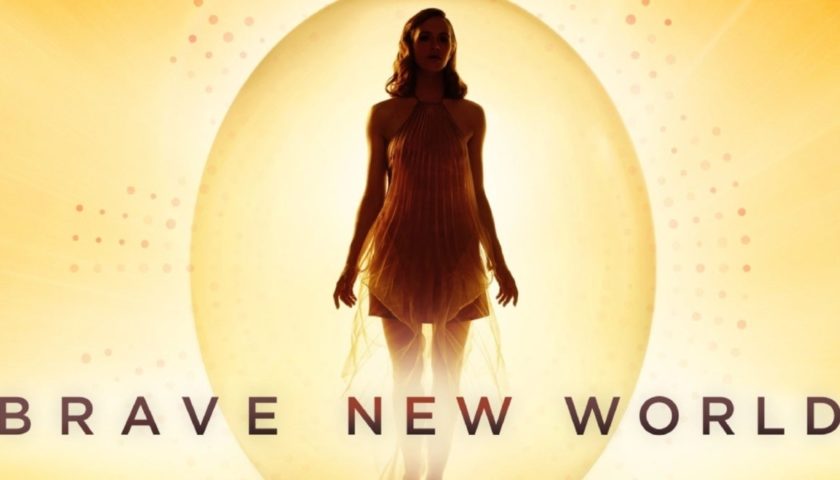

I thought all the planes were helicopters, but whateverĪnd though the novel goes on to have a plot familiar to modern audiences-a character who doesn't quite fit in upsets the social order, leading to an ultimate confrontation between philsophical figureheads-the spell never wears off.

Huxley spends his first few chapters very carefully explaining this social order in a way that is as grotesque as it is coldly rational, leaving readers both disgusted and intrigued. Men and women are carefully divided into classes, grown in bottles, conditioned throughout their childhood to be compliant and happy in their respective roles, and given lifetime supplies of happy pills called soma. Using liberal amounts of behavioral psychology of the day, the assembly line innovations of Henry Ford, and an unbridled disdain for mindless consumerism, Huxley's future is hypnotic and terrifying. Wells, the most famous utopian writer of the time, and thus, over the course of three or four months in 1931, he wrote what would become one of the most influential and prescient works of dystopia ever conceived: Brave New World. With that fresh in his mind, he intended to use his pen to skewer the likes of H.G. Aldous was a vicious social satirist who returned from visits to America in the roaring twenties with visions of a terrible future in which all the problems of civilization are solved by global central planning, perverted science and technology, and the overwhelming apathy of decadence and consumption. Into this landscape emerged Aldous Huxley, grandson of Darwin's famous bulldog, T.H. Futurists of the time were intolerably cheerful, and science-fiction of the time was so upbeat it gives Gene Roddenberry a run for his money. Writers claimed the first World War had put an end to conflict, that advances in science and technology would do away with illness both physical and mental, and that the industrial revolution marked the beginning of the end for scarcity and poverty. The literature of the early Twentieth Century, well before World War II broke the world's optimism, was absolutely stupid with utopias.


 0 kommentar(er)
0 kommentar(er)
